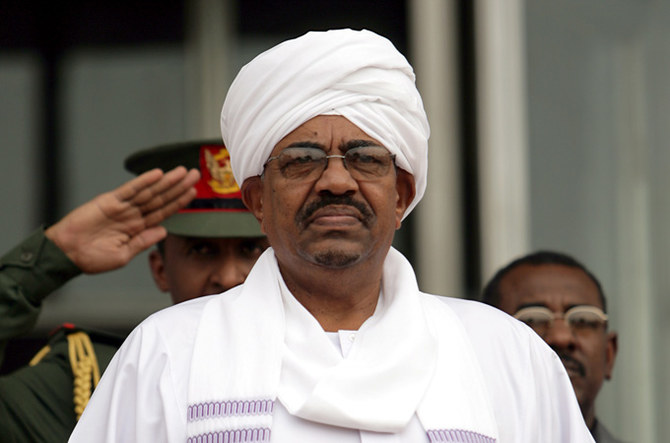
The Sudan Under Abboud, Nimeiry and al- Bashir
Sudan was colonized by the British wanted to use the colony as a cotton producer. The British gave Sudan independence in 1956, and it became the largest country in Africa. However, they were divisions between the Muslims in the north and Christians in the South. These divisions led to a civil law that lasted three to four decades.

General Ibrahim Abboud seized control from the regime led by the British. Later, in 1969, a group of young officers led by Colonel Jaafer el-Nimeiry took over power in a coup. He then created a new party, the Sudan Socialist Union. Many of the austerity measures imposed by the International Monetary Fund (IMF) created discontent among the masses. Nimeiry divided the south into three regions which further deteriorated the mood in the country. In 1985, a new government led by General Swaredahab suspended the constitution and imposed martial law. When elections were held in 1986, Sadiq al-Mahdi became President and promised but failed to deliver on ending Islamic law and ending the civil war.
Omar al-Bashir (1989- 2019)
Another coup in July 1989, led to Brigadier Omar Hassan Ahmed al-Bashir becoming the leader. Omar al-Bashir abolished the elected assembly, suspended the constitution and made himself Prime Minister. He also declared Sudan an Islamic state and placed Islamic fundamentalists in control of security forces, the judiciary and in charge of universities. In 1992, he created the Transitional National Assembly (TNA) to lead the country to democracy by the end of 1995. Although, the government tried to push the rebels out of the south they never entirely succeeded. In 1993, al-Bashir became President.
On 11 April 2019, al-Bashir was removed from his post by the Sudanese Armed Forces after multiple months of protests and civil uprisings. He was immediately placed under house arrest pending the formation of a transitional council. At the time of his arrest, al-Bashir had ruled Sudan longer than any other leader since the country gained independence in 1956, the longest-ruling president of the Arab League, as well as the longest Arab leader bar three UAE emirs and Sultan Qaboos of Oman. The army also ordered the arrest of all ministers of al-Bashir’s cabinet, dissolved the National Legislature and formed a Transitional Military Council, led by his own First Vice President and Defense Minister, Lieutenant General Ahmed Awad Ibn Auf.
On 17 April 2019, al-Bashir was moved from house arrest to Khartoum’s Kobar prison. On 13 May 2019, prosecutors charged al-Bashir with “inciting and participating in” the killing of protesters.




1 Comment
by Afrogal
About time he left, good riddance
Comments are closed.